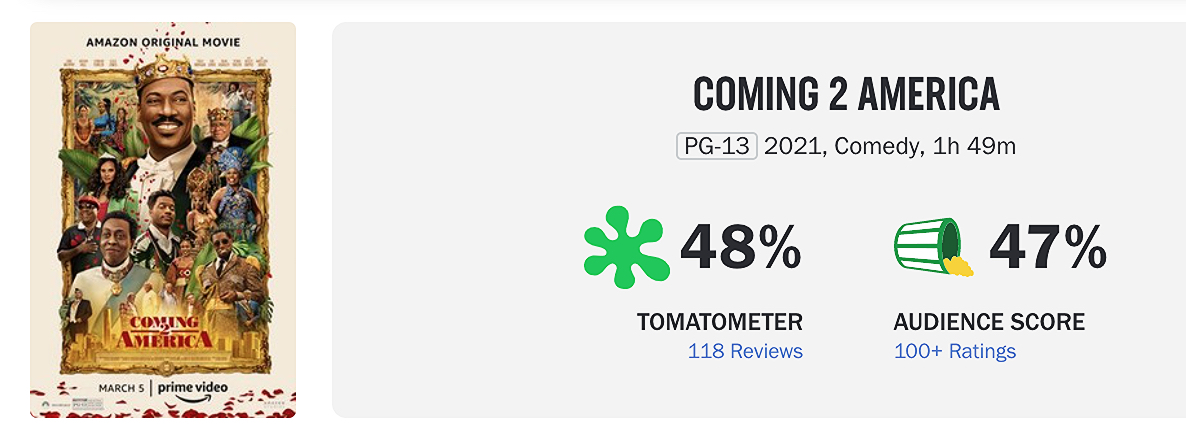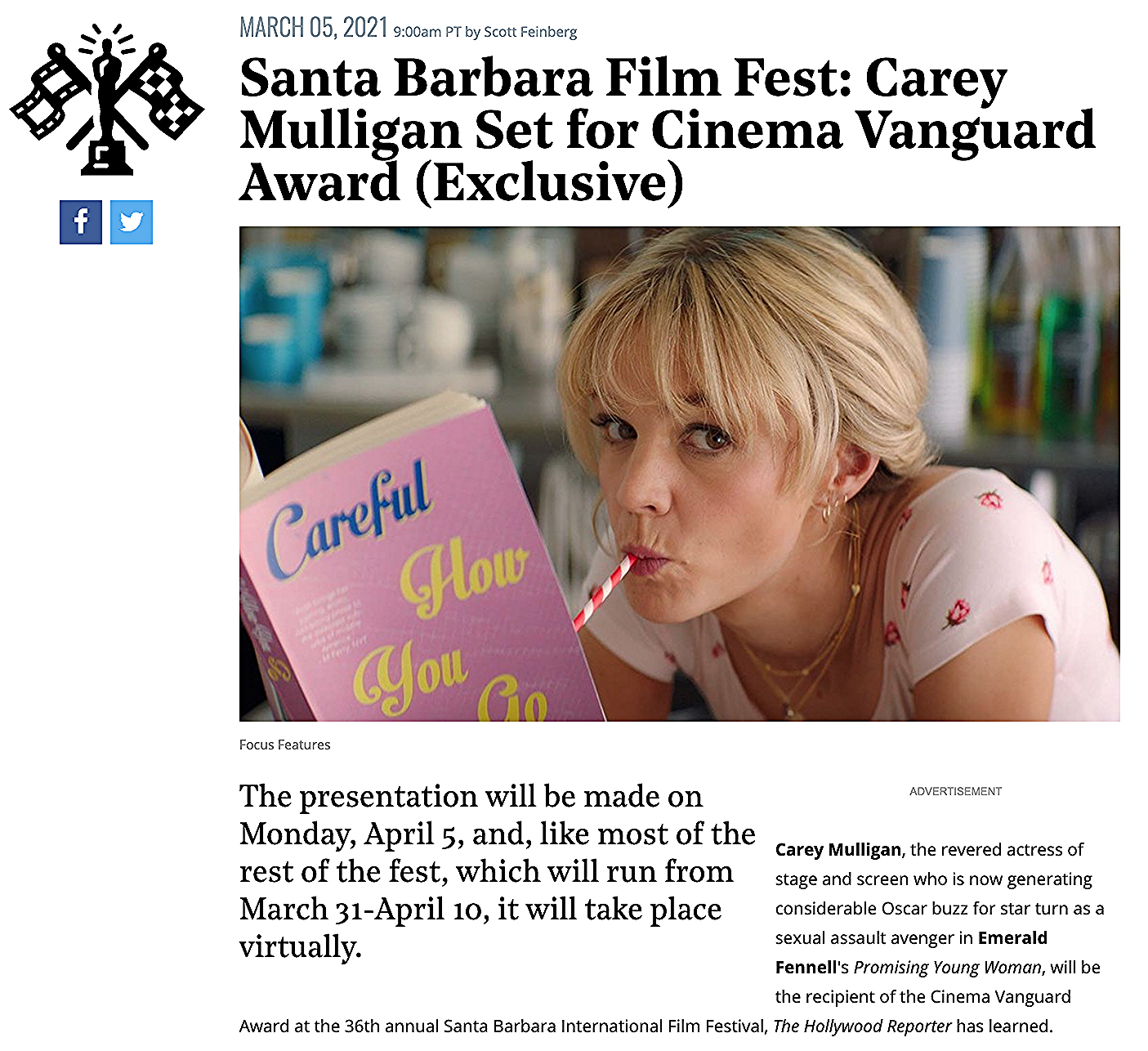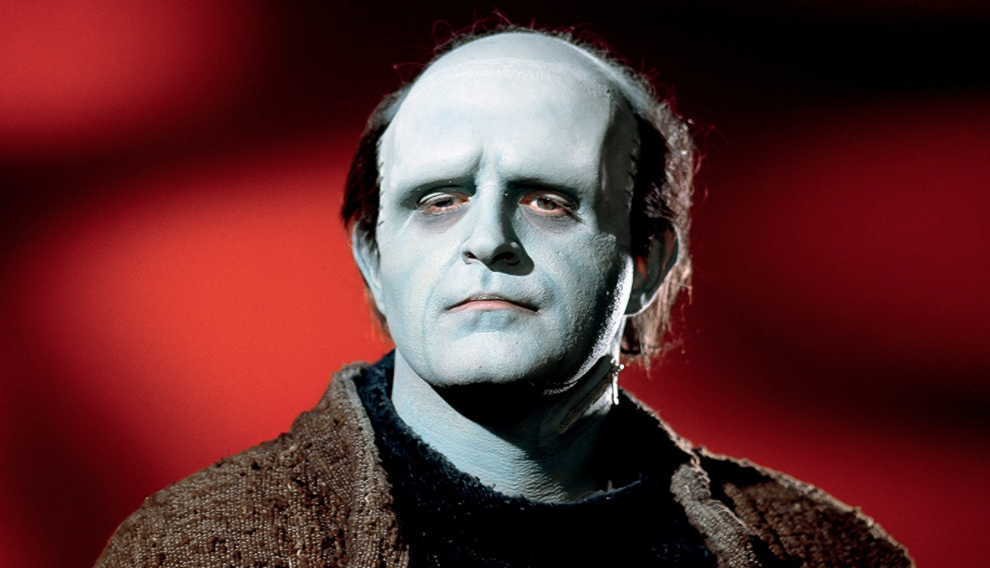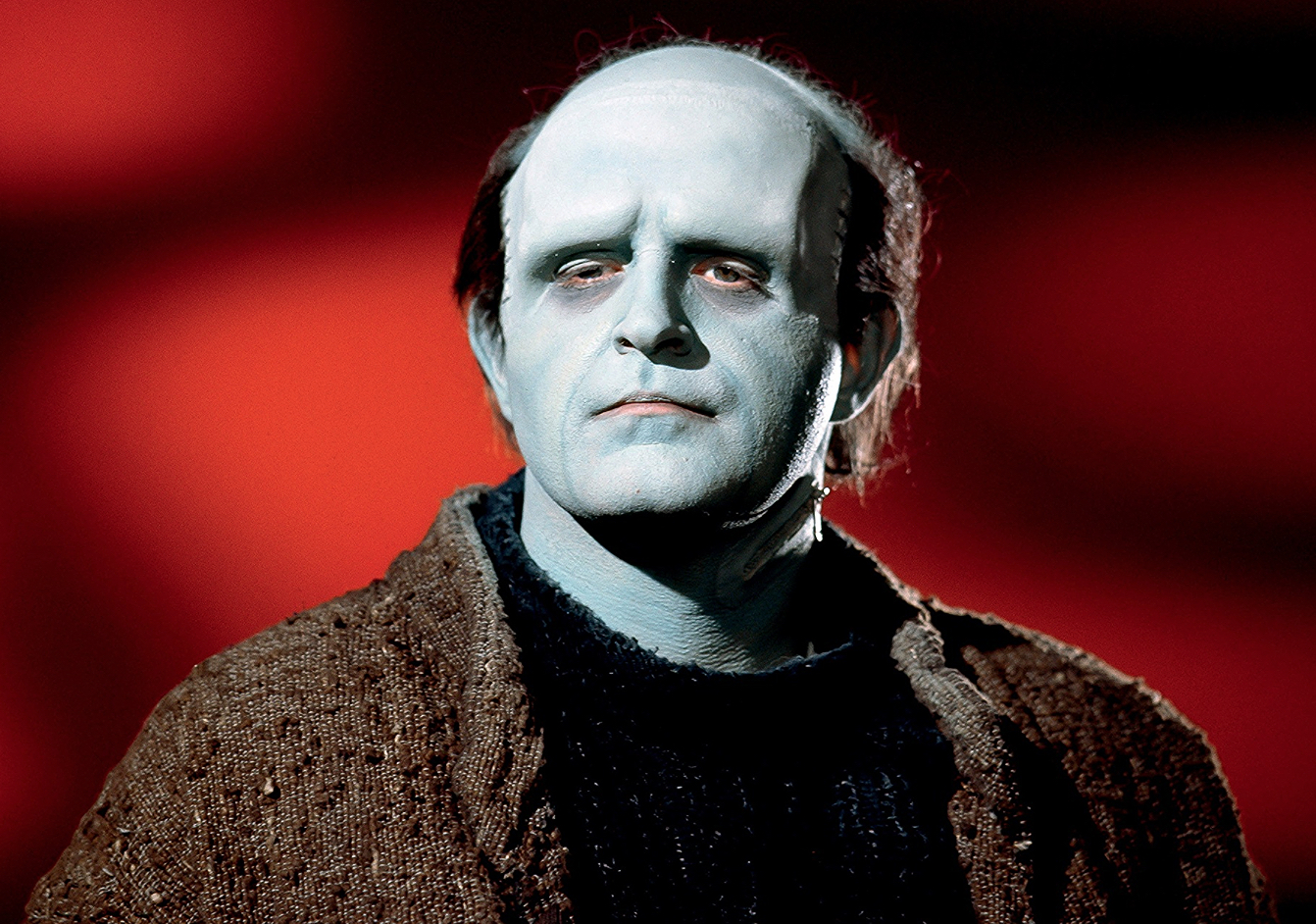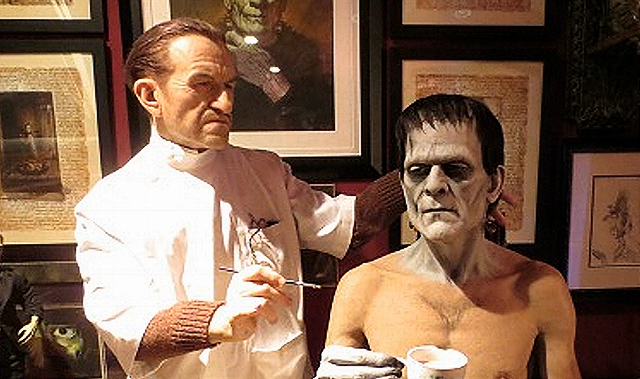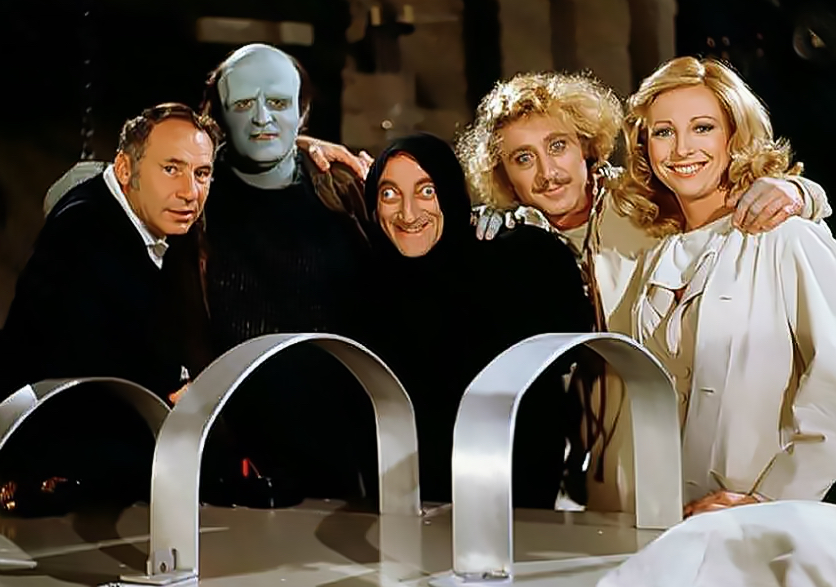Set in Paris, Billy Wilder’s Love in the Afternoon (’57) is about an unlikely romance between a 20something cello student named Ariane Chavasse (Audrey Hepburn) and a 50something Lothario named Frank Flannagan (Gary Cooper). I’ve never seen it and am still reluctant. There’s a reason.
All my life I’ve felt that the 28 year age gap between the 55 year-old Cooper (born in ’01, film shot in ’56) and the 27 year-old Hepburn (born in ’29) was too much. In fact if you wanted to crank yourself up you could call Love in the Afternoon a late-arriving #MeToo lightning rod film….cancel Billy Wilder! He wrote and directed a “romantic” scenario in which Cooper preyed upon a naive and unsuspecting Hepburn!
I would have watched it if Cary Grant (whom Wilder tried to get) had played the Cooper role — he was 52 when the film was made in ’56, but looked mid to late 40ish. So we’d have been talking about an apparent 20-year age gap instead. That would’ve gone down pretty well.
If Cooper had better genes and looked younger (i.e., like he did in The Fountainhead, shot in ’48 when he was 47) he would’ve been a better fit for Love in the Afternoon. But Coop looked around 60 or 62 in Wilder’s film. If you squinted your eyes Love in the Afternoon felt like a thing about a guy wanting to diddle a woman who was young enough to be his granddaughter.
Wiki admission: “The film was a commercial failure in the United States. It did not resonate with American audiences in part because Cooper looked too old to be having an affair with Hepburn’s young character. Wilder himself admitted, ‘It was a flop. Why? Because I got Coop the week he suddenly got old’. However, in Europe, the film was a major success, released under the title Ariane.”


